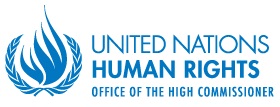Master's Program of the Future
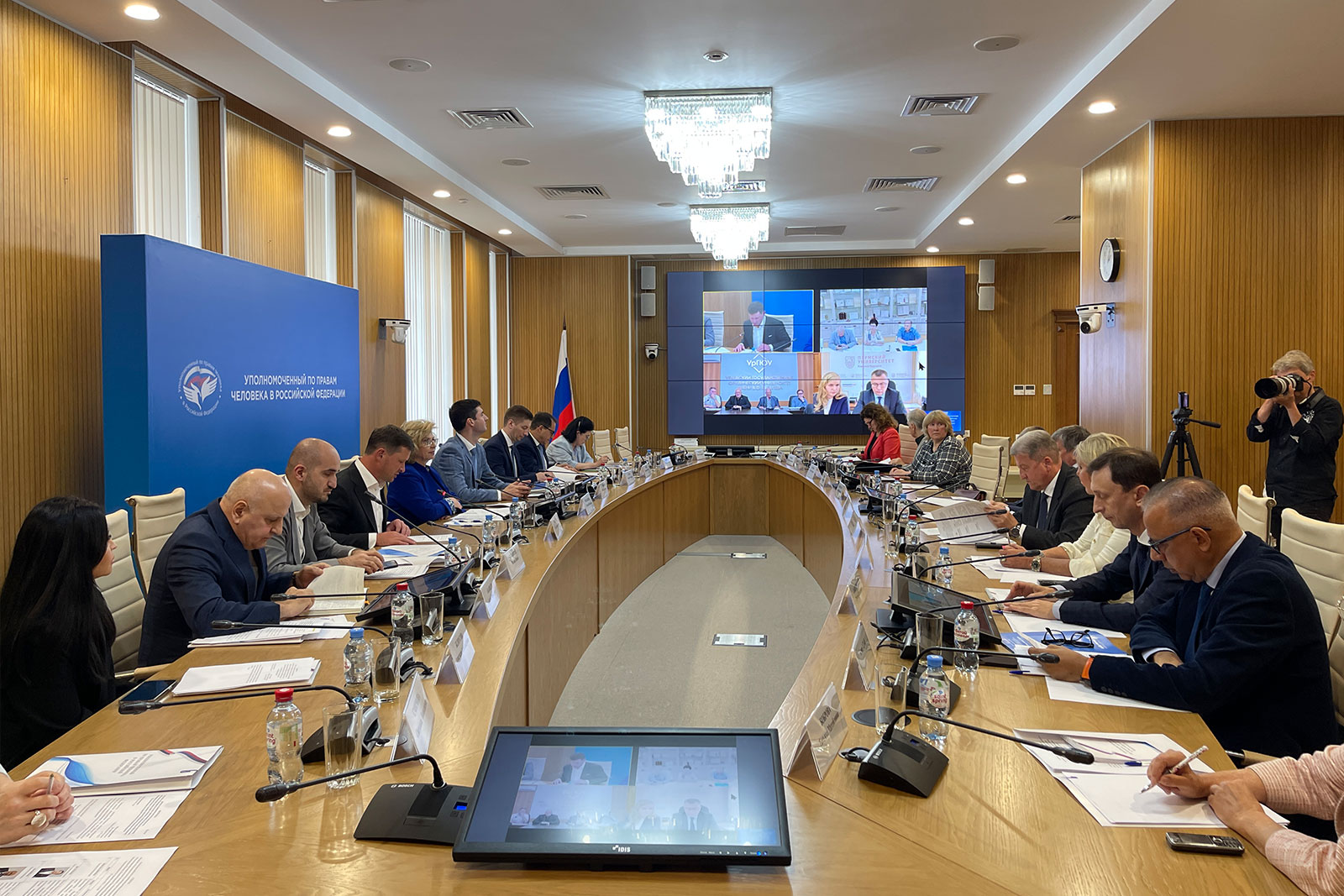
Cooperation continues with higher education institutions implementing the Master's program "International Protection of Human Rights"
On August 29, a working meeting was held between the Commissioner for Human Rights in the Russian Federation and the heads of universities that are members of the Consortium of Universities, at which changes were discussed in the curricula of the Master's program "International Protection of Human Rights" , as well as a strategy for its further development in the context of current realities.
Opening the meeting, Tatyana Moskalkova emphasized that interaction with the consortium of universities has been ongoing since 2015, and human rights commissioners from the regions are actively involved in this - there is an active information exchange with the leadership, teaching staff and university students. According to the Ombudsman, such cooperation allows creating a unique intellectual product for obtaining in-depth knowledge in the field of national and international human rights activities.
“Today we observe that almost all norms of the Universal Declaration of Human Rights are violated, while the reaction of international bodies to sometimes egregious situations is often absent. In the context of global social transformation and the formation of a new architecture of the international system for the protection of human rights, there is a need to make changes to the curricula of the corresponding master's program. At the same time, it is important to form curricula of disciplines based on traditional Russian spiritual and moral value orientations,” the Ombudswoman emphasized.
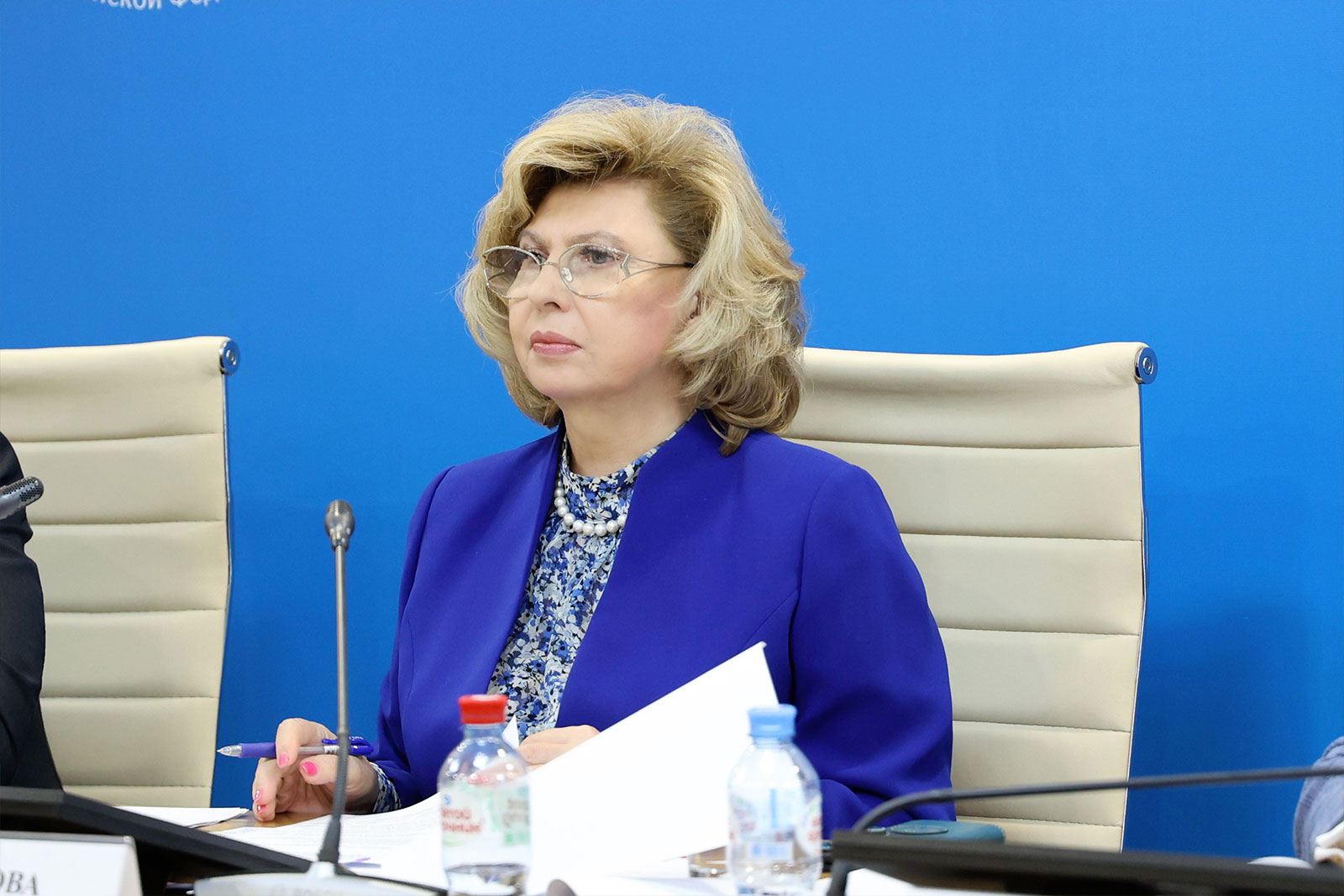
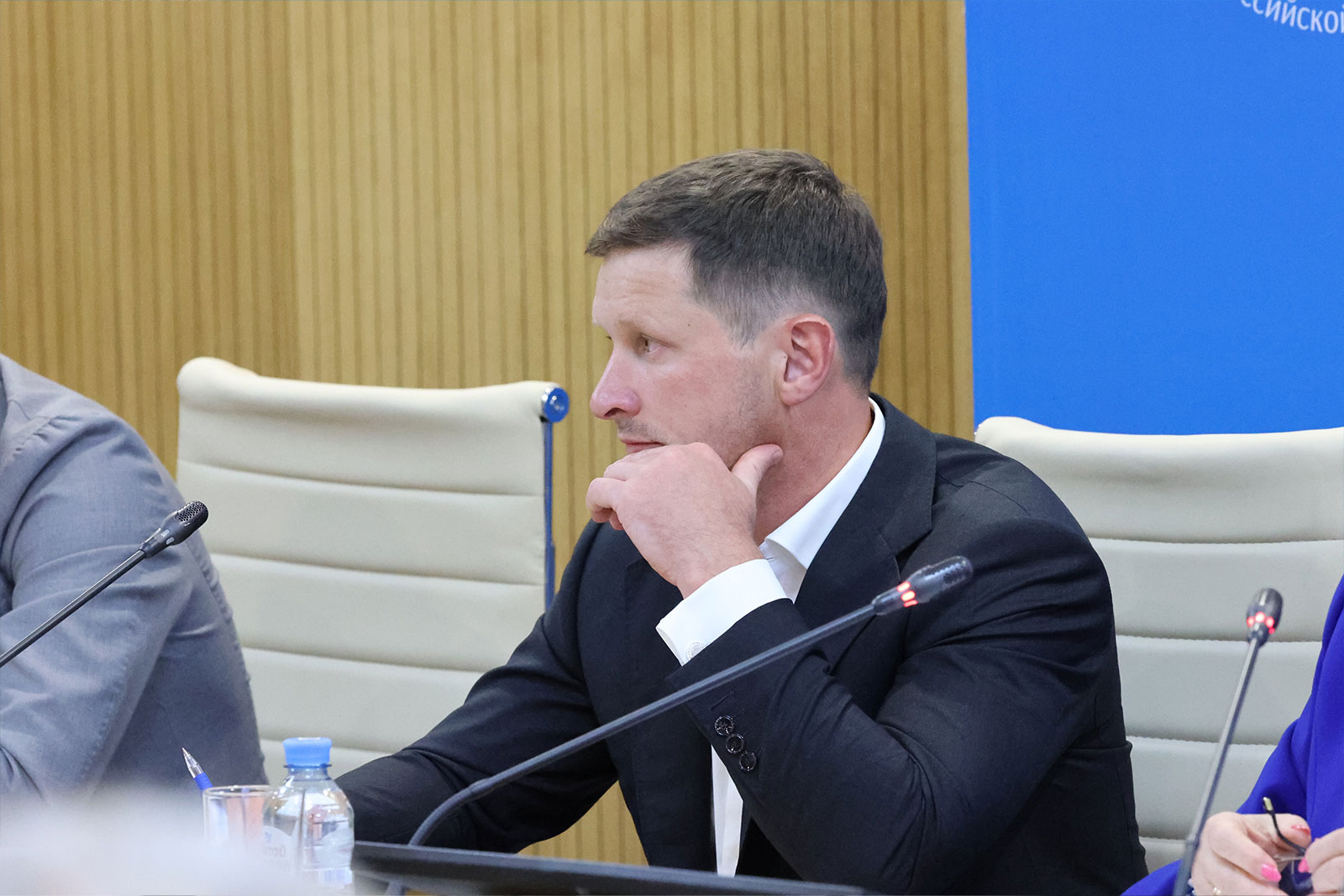
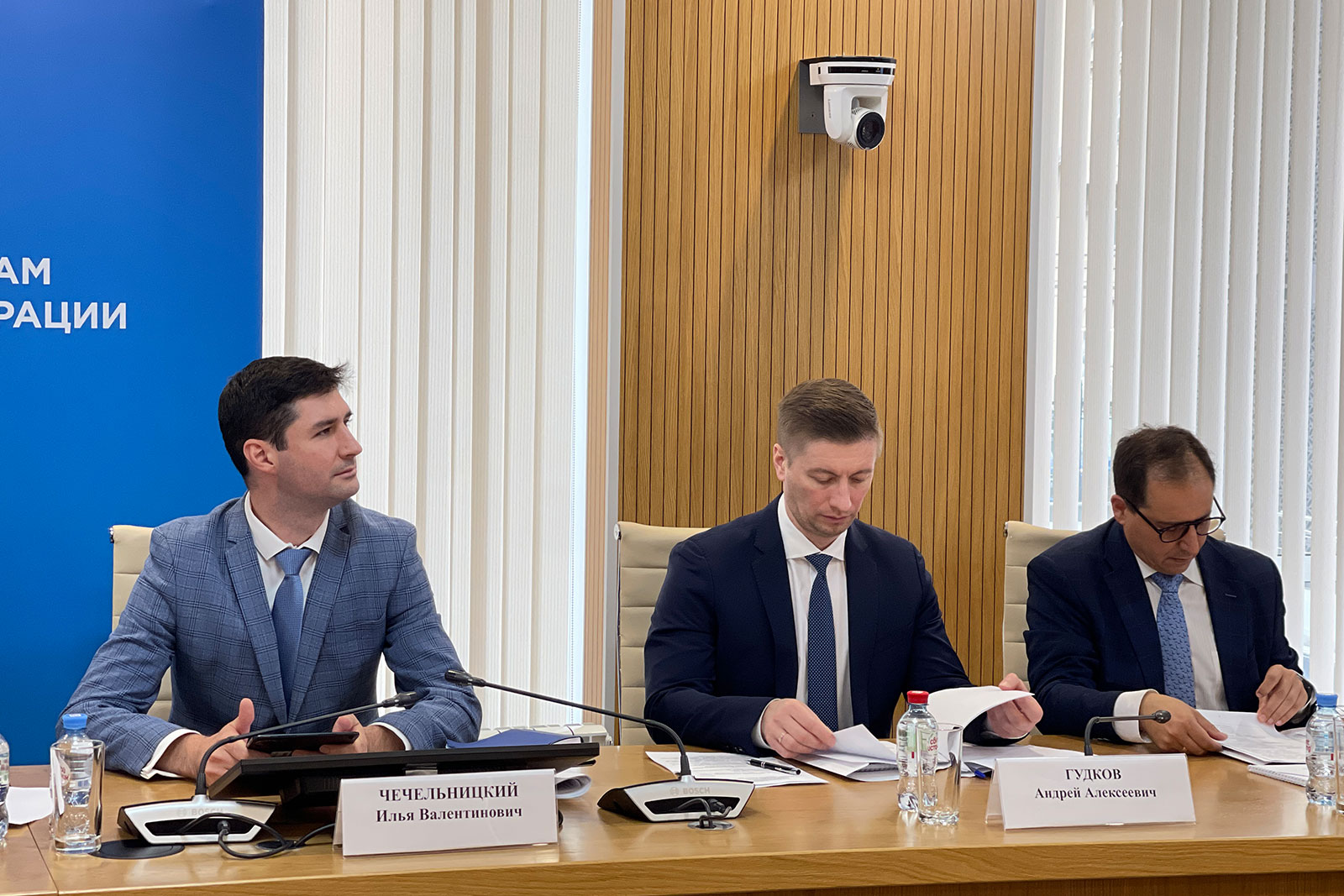
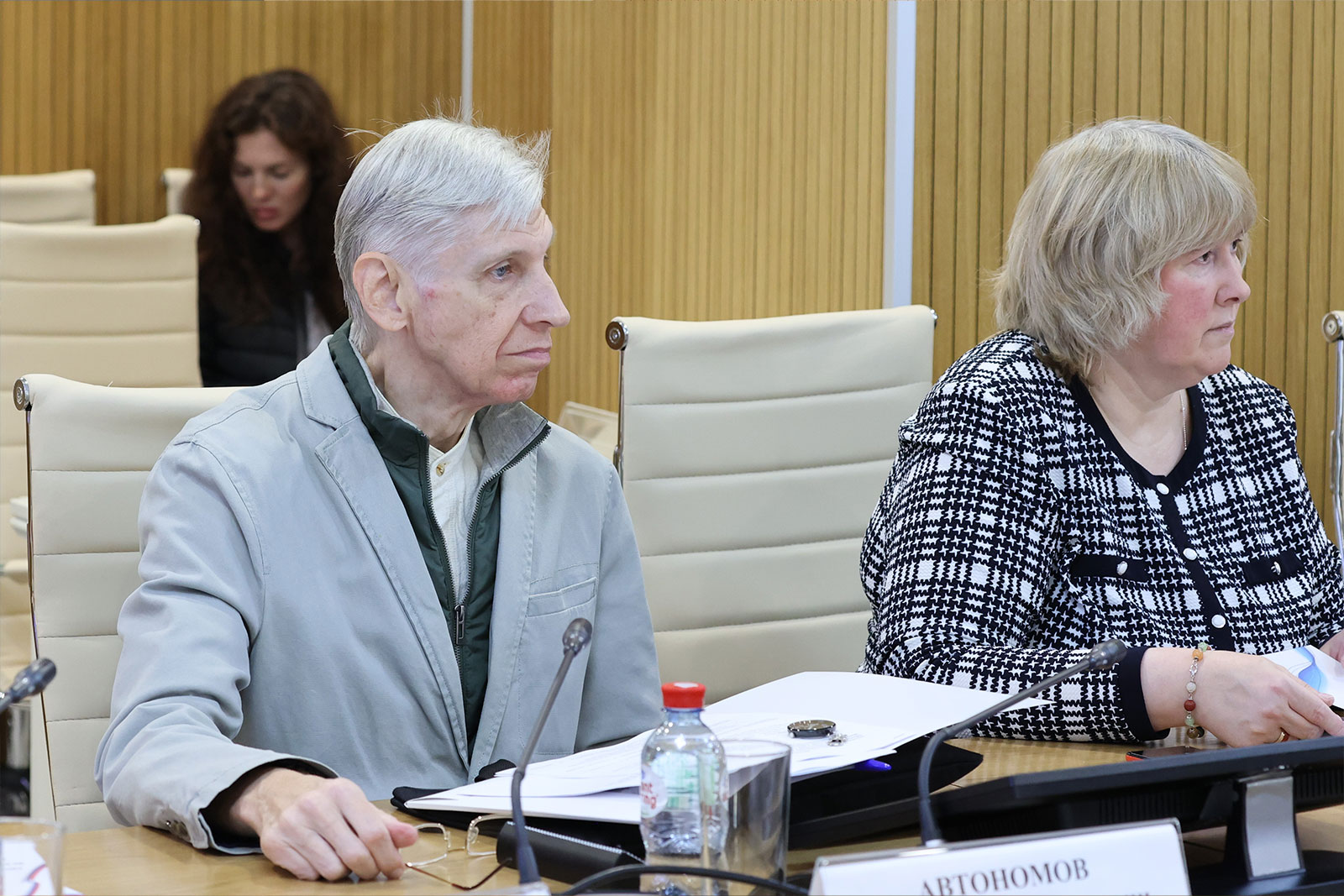
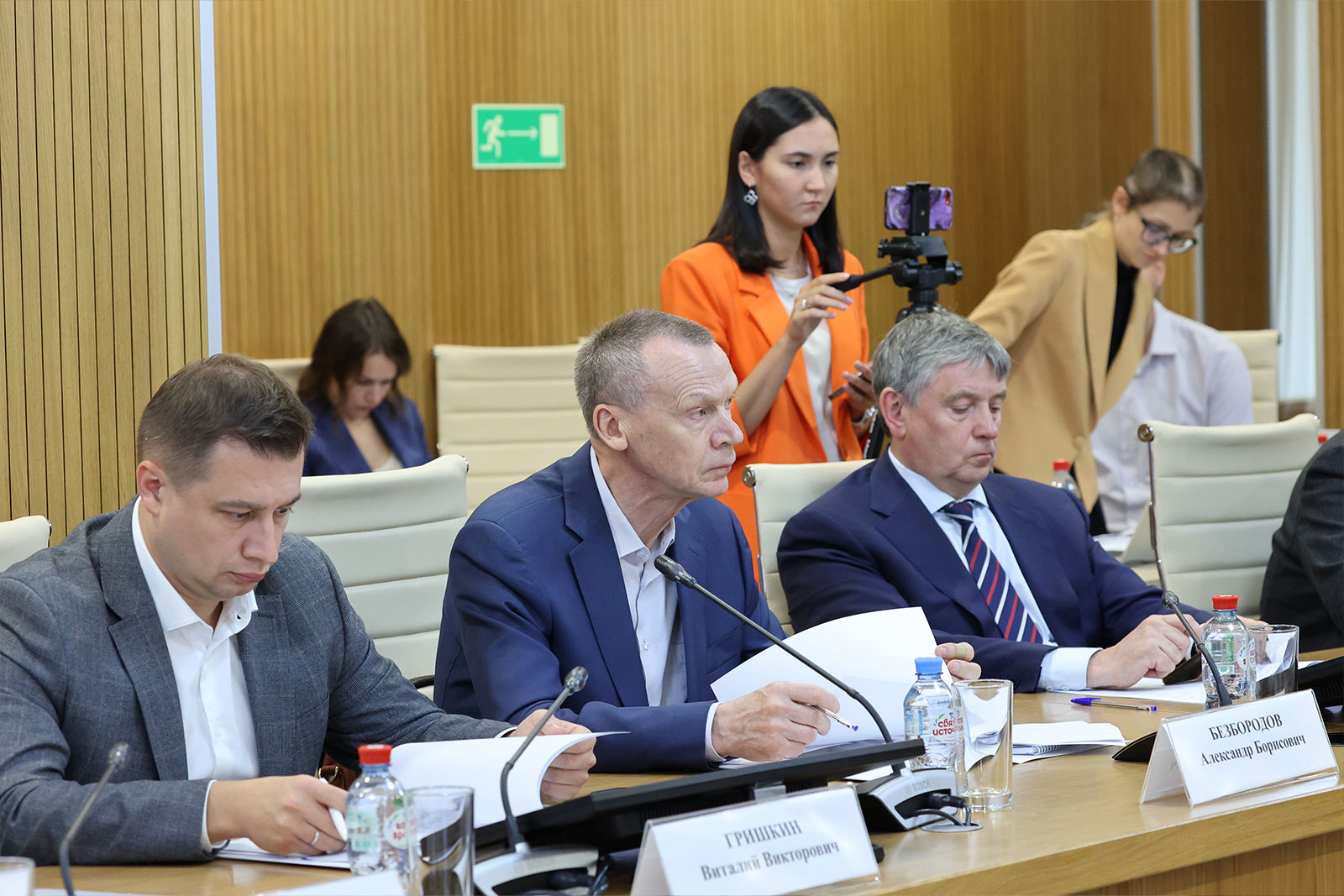
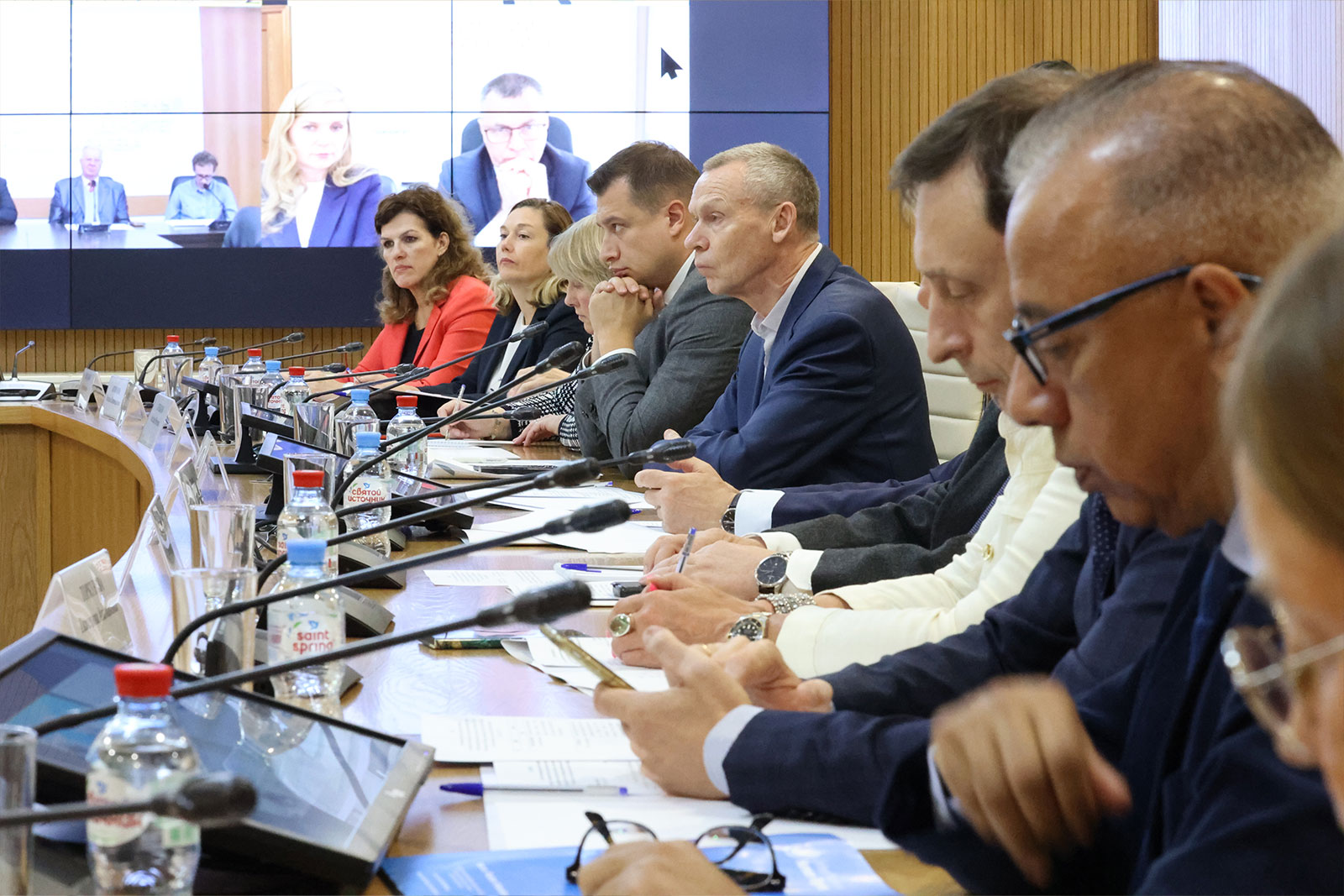
The rectors and vice-rectors of nine universities implementing the International Human Rights Protection program, as well as representatives of the expert community, expressed their suggestions and comments. During the discussion, a number of recommendations for these changes were developed, and the following approaches were used in their implementation:
give an objective assessment of new challenges and threats in the human rights protection system;
exclude modules on interaction with the Council of Europe and ensuring human rights under European Union law, adding a program on human rights diplomacy and explaining why Russia withdrew from the ECtHR;
to update the methodological guides and textbooks of the main and additional modules of the program, explaining that we are still a clear follower of the Universal Declaration of Human Rights and other foundations of human rights, taking into account the changes taking place in the world;
to update the content of disciplines in terms of international and national experience in countering the sanctions policy, ethnic discrimination, Russophobia and xenophobia;
introduce the basic universal module "National Human Rights Systems", using the extensive experience of federal and regional human rights institutions;
develop a separate course dedicated to the protection of human rights in the digital environment.
Summing up, Tatyana Moskalkova emphasized that the “Master’s Program of the Future” should not only help shape the students’ worldview about the need to fight if facts of human rights violations are revealed, but also give them real tools to provide assistance to the population in conditions that have changed dramatically in recent years.
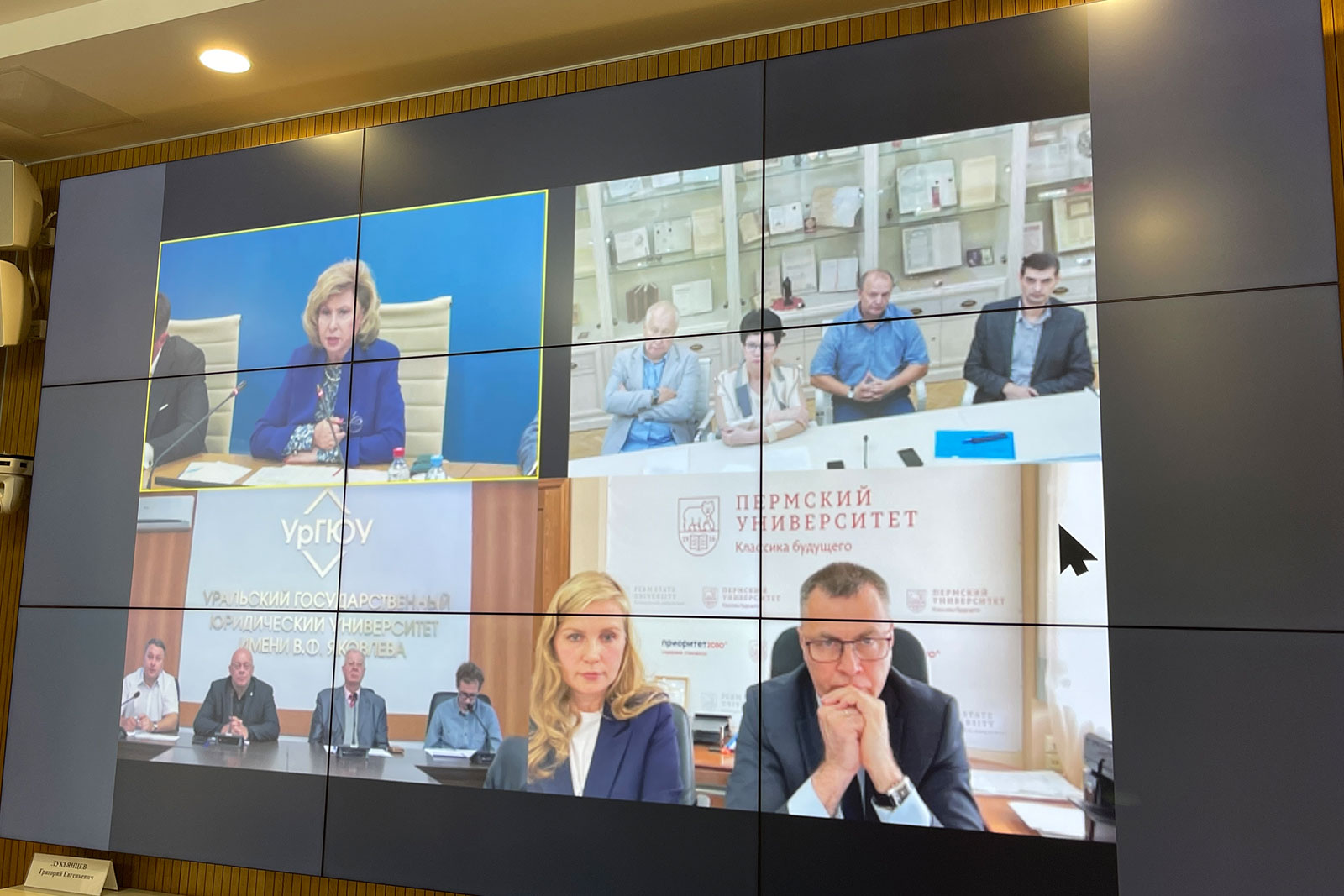
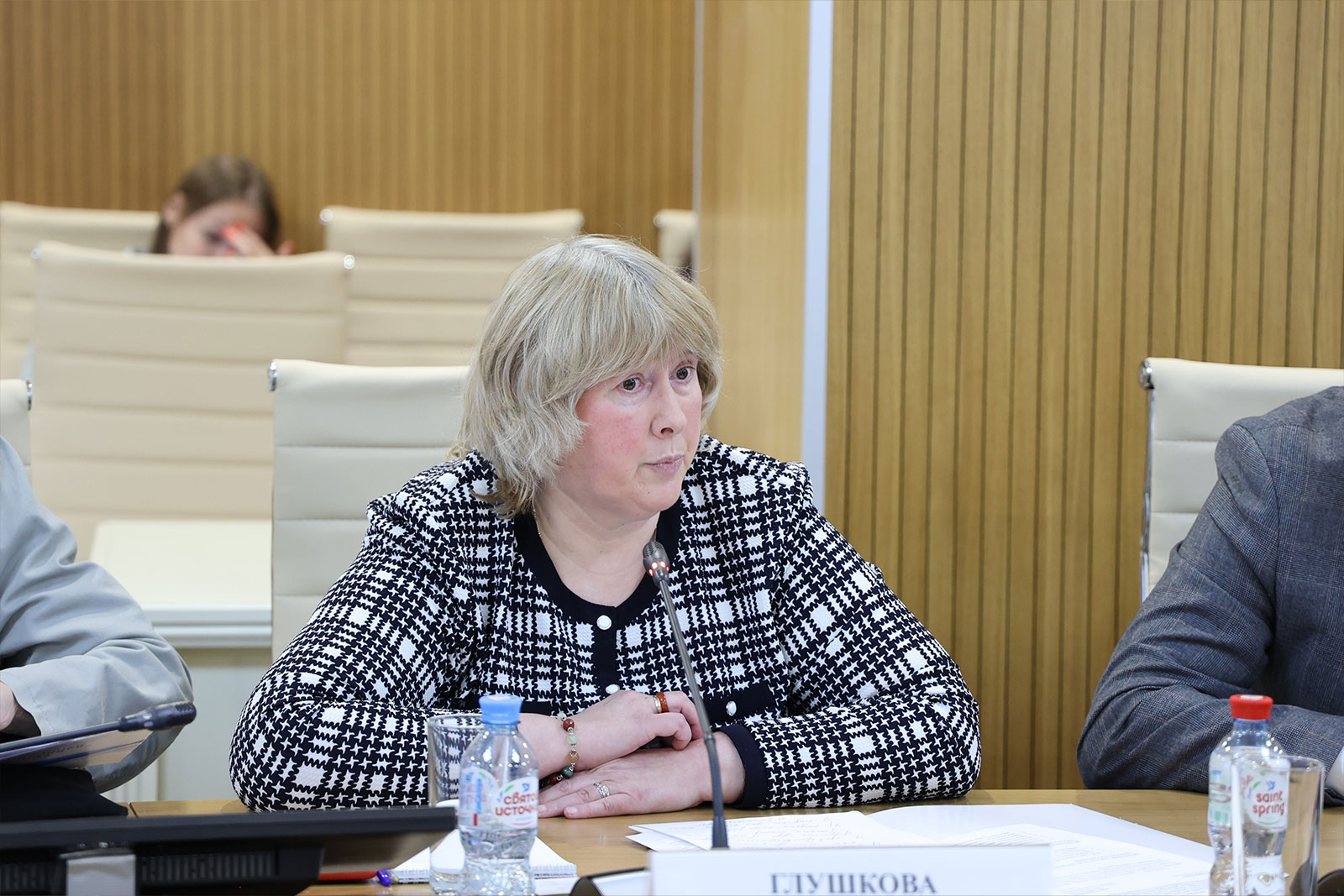
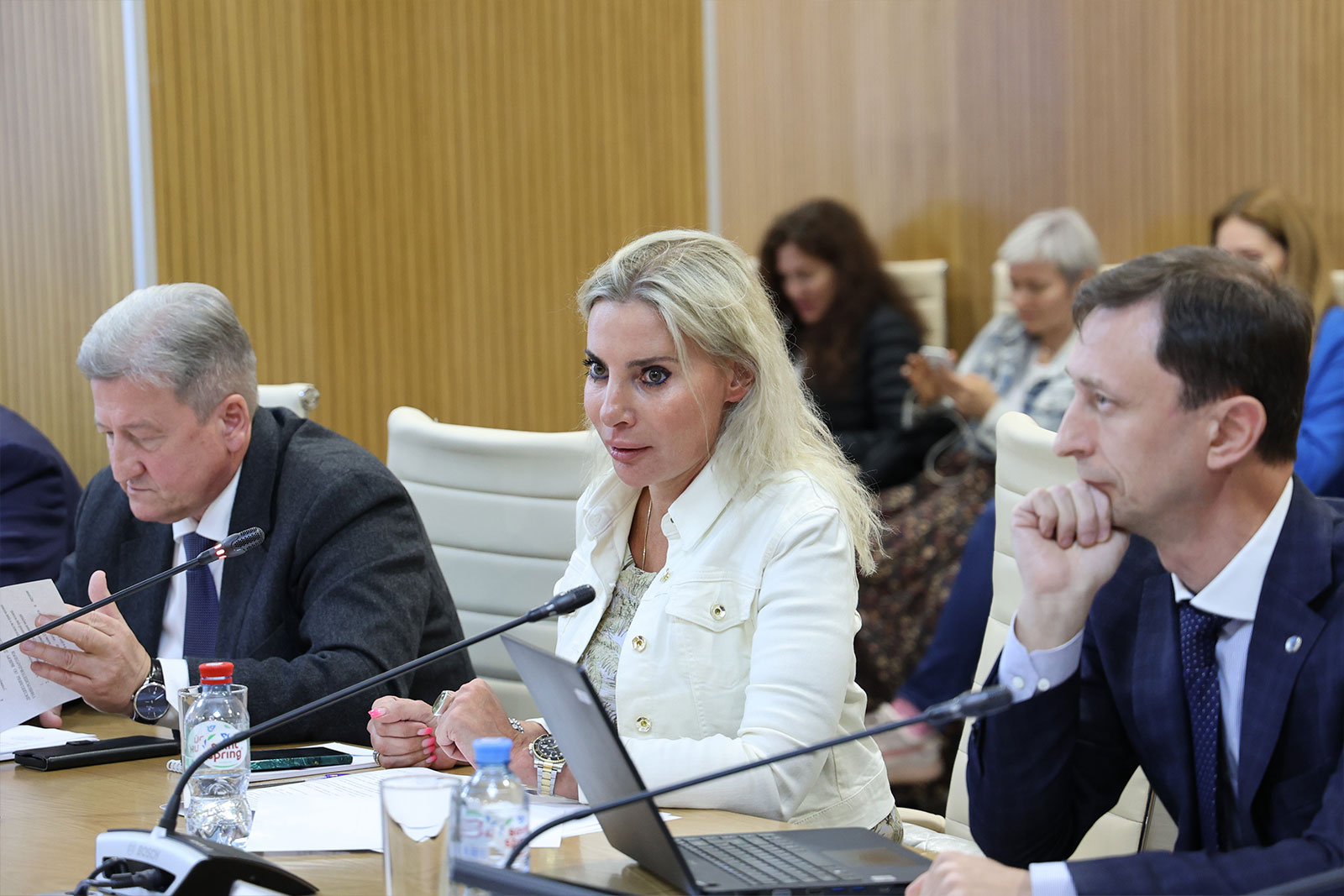
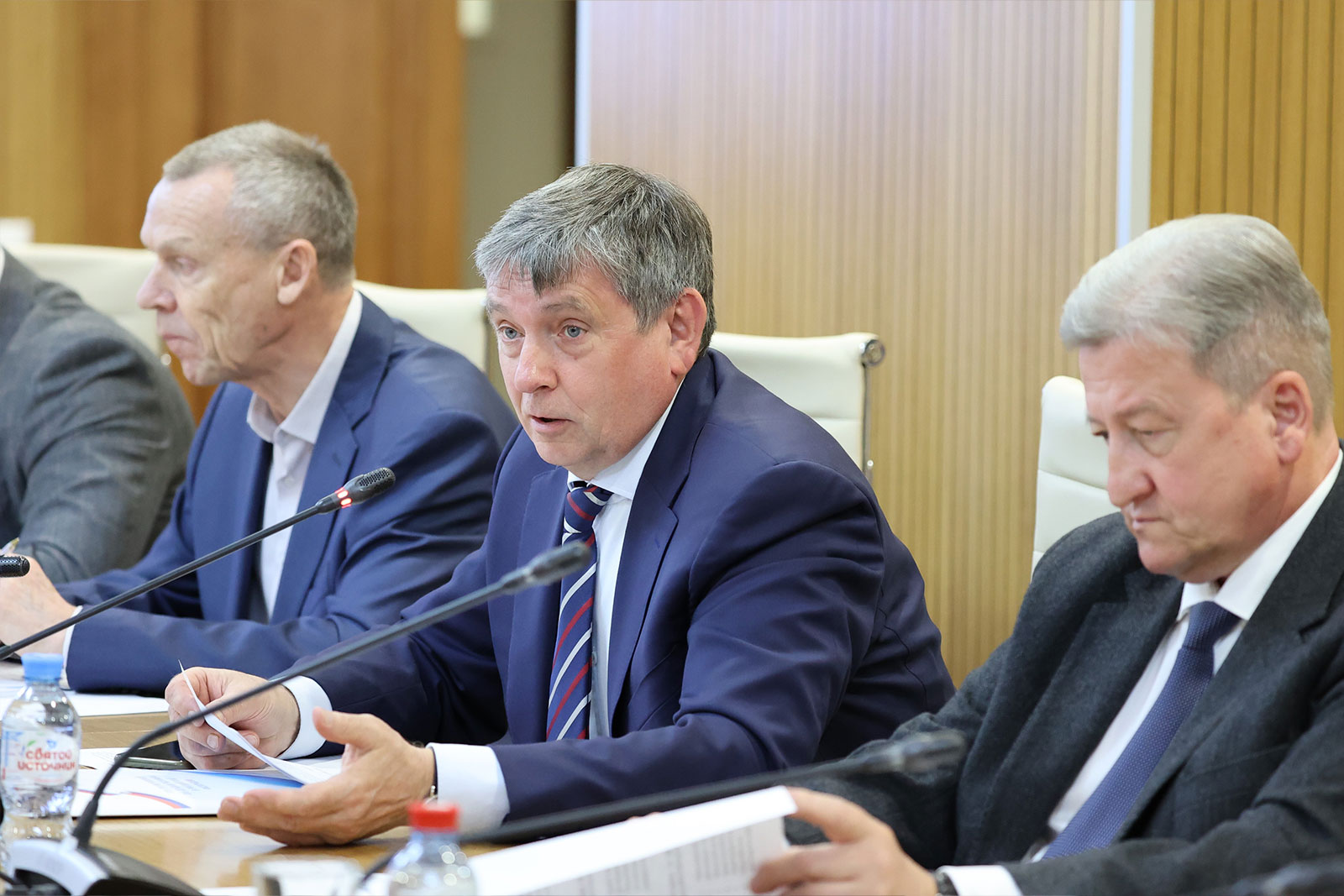
“Legal education is the most important component of our work, therefore we are ready to expand cooperation with universities, hold scientific and practical events, provide our platform and experts, and accept students for internships at the House of Human Rights ”, concluded Tatyana Moskalkova.
Rector of RUDN University Oleg Yastrebov, Rector of Russian State Humanitarian University Alexander Bezborodov, Rector of Ural Federal University Viktor Koksharov, Rector of Ural State Law University Vladimir Bublik, vice-rectors and heads of universities that are members of the Consortium took part in the meeting – MGIMO of the Ministry of Foreign Affairs of Russia, Perm State National Research University, Voronezh State University, University of the Humanities (Yekaterinburg), Kazan (Volga Region) Federal University, as well as representatives of the Administration of the President of the Russian Federation, the Russian Ministry of Foreign Affairs, the Russian Ministry of Education and Science and the UN OHCHR.
Source: website of the Commissioner for Human Rights in the Russian Federation










